The US Treasury Department on November 16 imposed sanctions on shipping companies and tankers receiving Russian oil whose prices exceeded the G7 ceiling.
In the announcement, the US Treasury Department said it sanctioned three companies based in the United Arab Emirates (UAE) and three oil tankers owned by them. They are Kazan Shipping Incorporated, Progress Shipping Company Limited and Gallion Navigation Incorporated. The three oil tankers named are Kazan, Ligovsky Prospect and NS Century.
US officials allege that the vessels were involved in transporting Russian crude oil that was selling for over $60 a barrel. The vessels are believed to have used the services of Americans when transporting crude oil originating from Russia.
The G7 and Australia agreed last year to cap the price of Russian oil at $60 a barrel. The aim was to limit Russia's revenue from crude exports, after the country launched a military campaign in Ukraine.
The ban requires Western companies to stop providing insurance, loans and shipping services for Russian oil exports if the price is above $60 a barrel. Officials say the ban will keep Russian crude on the market, but will limit the country’s oil export revenue.
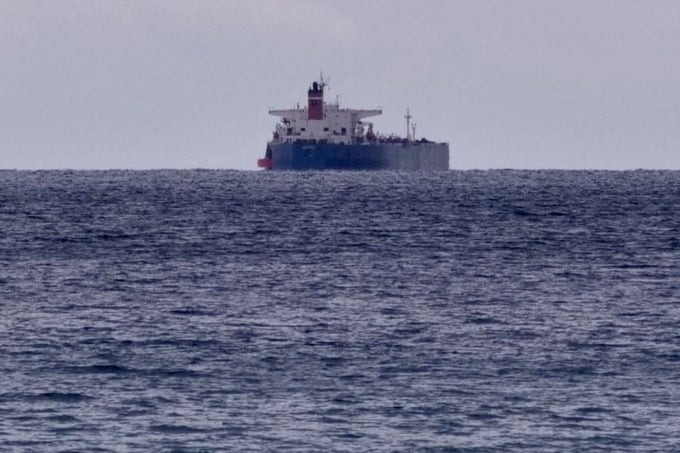
A Russian oil tanker off the coast of Evia (Greece). Photo: Reuters
Although the price cap has been in place for almost a year, this year's high oil prices and the increase in the number of companies willing to carry Russian oil mean that much of Russia's oil is now trading above the cap.
"Shipping companies and tankers that transport Russian oil, but use suppliers from countries that are subject to the cap, need to understand that we will hold them to account," US Treasury Undersecretary Wally Adeyemo said in a statement.
Under the sanctions, the US assets of the companies will be frozen. Americans will also be prohibited from doing business with them.
Brent crude prices have been approaching $100 this year, as supply has been tightened by the Organization of the Petroleum Exporting Countries and its allies (OPEC+). This has limited the impact of the price cap. However, sources close to Reuters said countries could tighten regulations to make the price cap more effective.
Russia's crude oil and oil product exports fell by 70,000 barrels per day in October to 7.5 million barrels per day, the International Energy Agency (IEA) reported earlier this week.
They estimate that Russia’s export revenues fell by $25 million to $18.34 billion. However, prices for Russian crude oil and oil products remained mostly above the ceiling.
Ha Thu (according to Reuters)
Source link








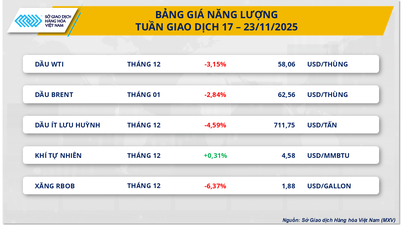

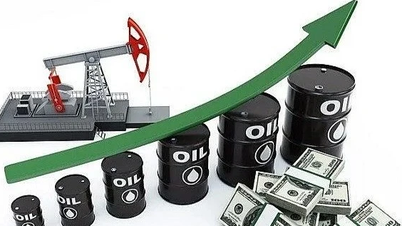

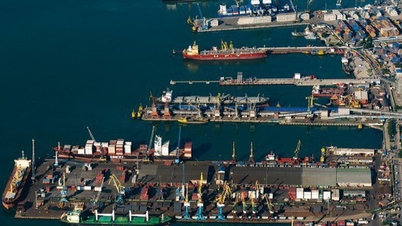




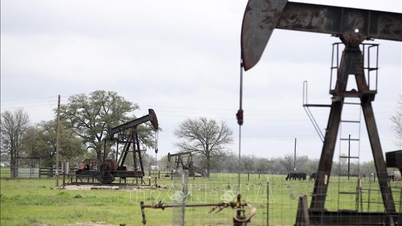


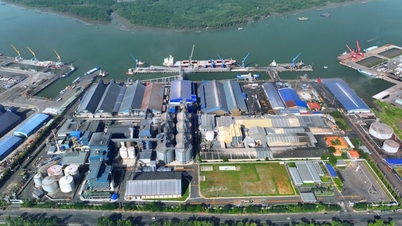






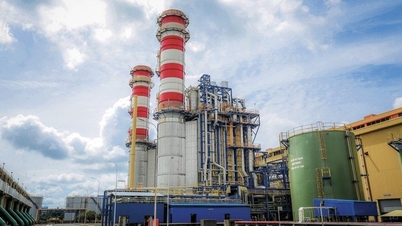














![[Video] The craft of making Dong Ho folk paintings has been inscribed by UNESCO on the List of Crafts in Need of Urgent Safeguarding.](https://vphoto.vietnam.vn/thumb/402x226/vietnam/resource/IMAGE/2025/12/10/1765350246533_tranh-dong-ho-734-jpg.webp)




































































Comment (0)